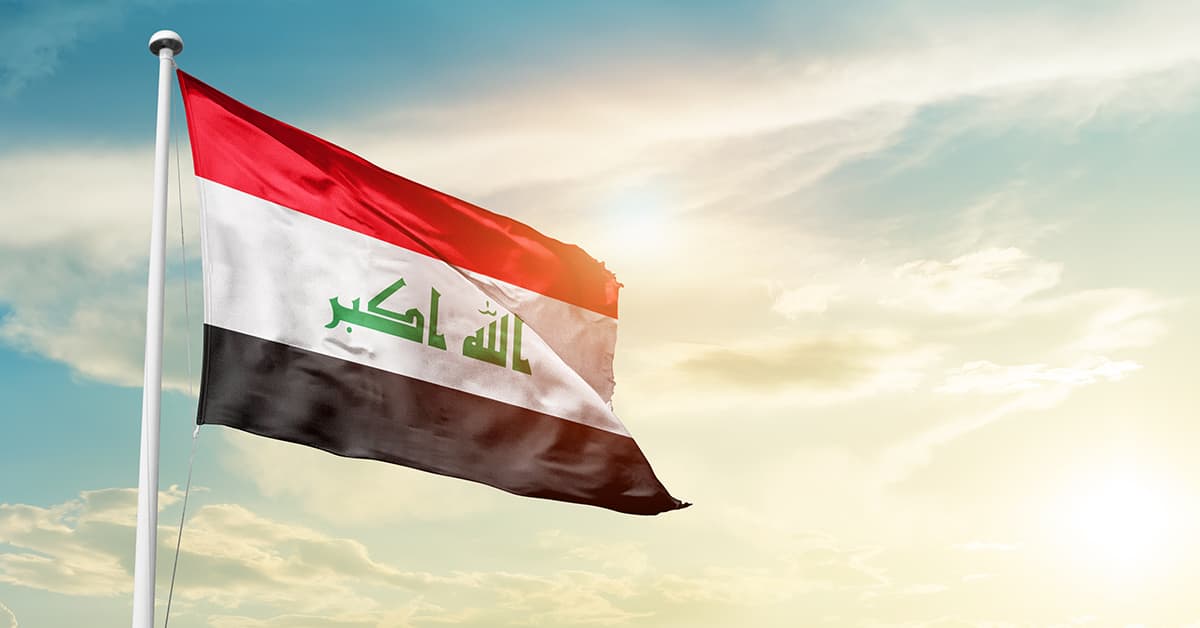The appointments may bring the political instability and violent clashes that erupted after the 2021 elections to an end.

More than a year after parliamentary elections were held, Iraq finally has a president and prime minister, fueling hopes of an end to a protracted period of political deadlock and mounting instability. Last month, Kurdish politician Abdullatif Rashid was named by Iraqi legislators as president, and then Rashid named Mohammed Shia al-Sudani as prime minister designate.
Al-Sudani, the Coordination Framework party’s nominee, has 30 days to form a government and present it to parliament for approval. The post of president is primarily ceremonial, and historically held by a Kurd.
Following the 2021 polls, Iraq descended into a period of increasingly violent clashes and a wave of hostilities which included drone attacks on former prime minister Mustafa al-Kadhimi’s house as well as armed attacks on the offices and residences of various politicians.
According to United States Institute of Peace the Coordination Framework, a disparate group of Shia parties is backed by Iran and considered an archrival of the influential cleric Moqtada al-Sadr. Al-Sadr won last year’s October elections and subsequently held the biggest bloc in parliament.
But much of the blame for the recent clashes are attributed to al-Sadr, who exited the political process after failing to form a government. He could yet undermine Iraq’s rehabilitation by triggering further unrest or challenging the authenticity of the would-be government and the recent electoral process.
Meanwhile, for incoming prime minister al-Sudani, the beleaguered economy and previous government’s inability to provide basic services will be front and center. Garnering and maintaining international support will be crucial, but Iraq’s role in recent OPEC+ negotiations could call US support into question.
Together with Bahrain, Kuwait, Oman and United Arab Emirates, Iraq decried US accusations that Saudi Arabia pressurized other OPEC+ members into production quota cuts. The timing of the cuts enraged the Biden administration. Some analysts say OPEC+’s stance could tip the global economy into recession next year and was, at least in part, a political decision



